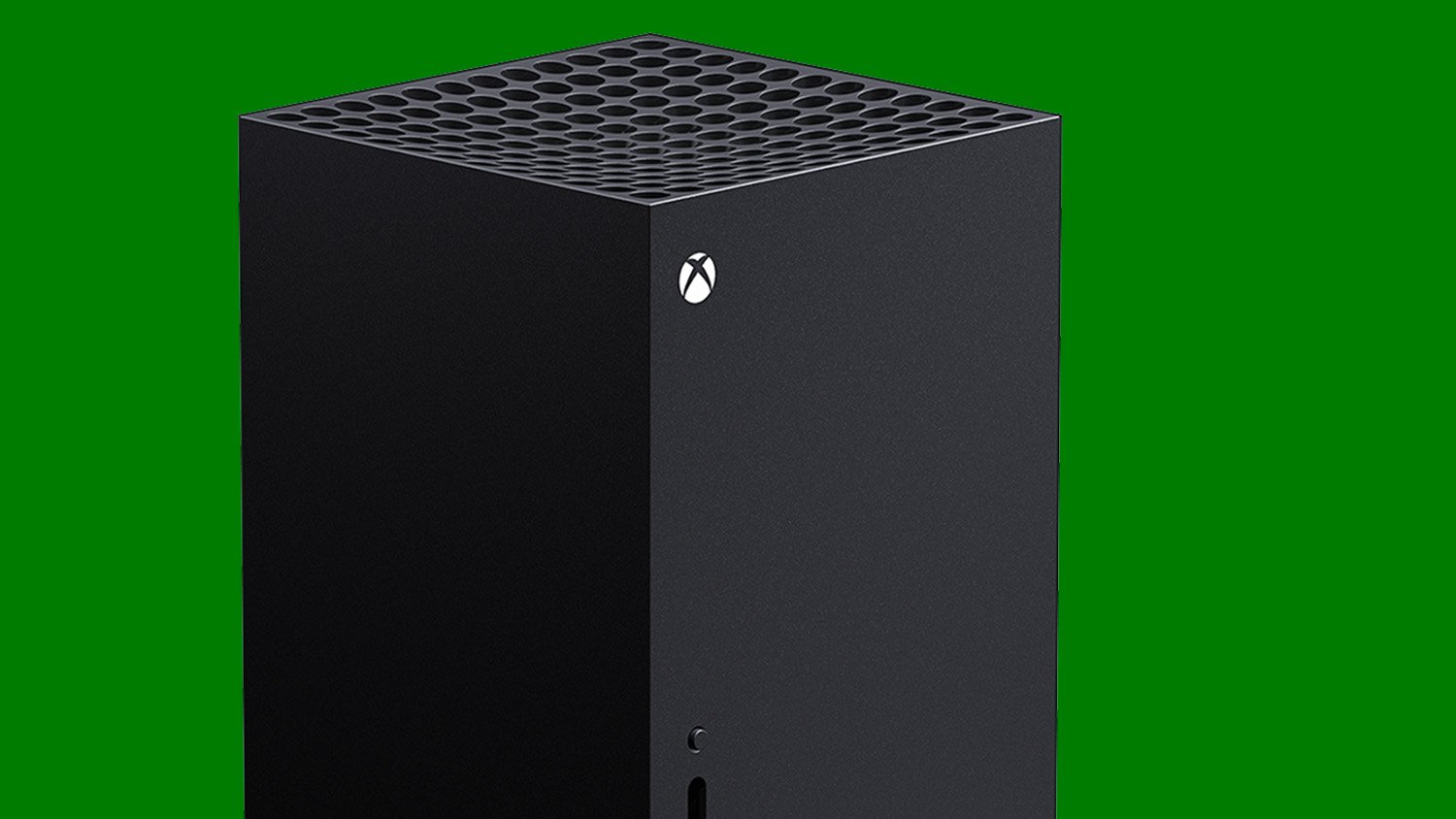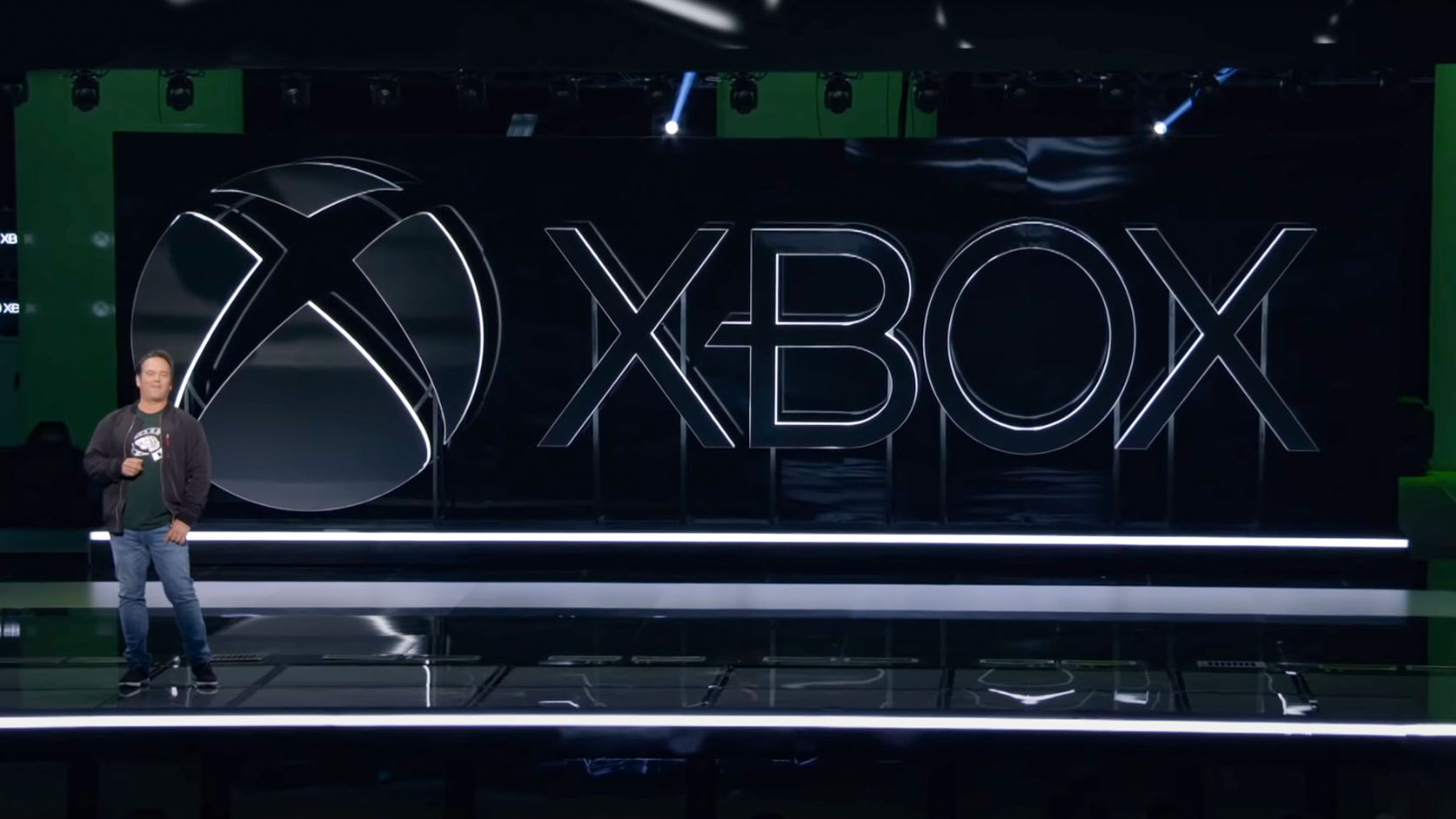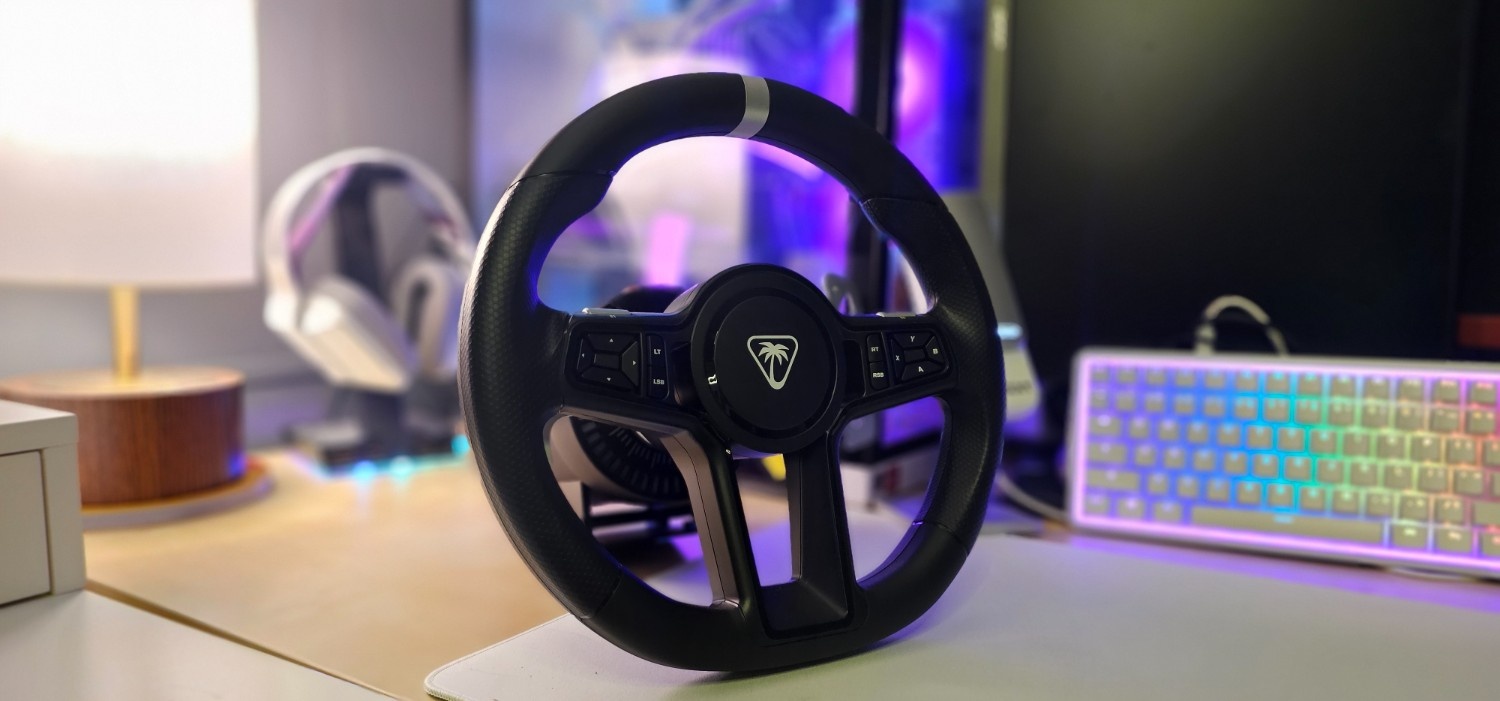Xbox going green(er) with new sustainability toolkit for game devs
The majority of Xbox’s greenhouse gas emissions footprint comes from gameplay.

All the latest news, reviews, and guides for Windows and Xbox diehards.
You are now subscribed
Your newsletter sign-up was successful
What you need to know
- On Wednesday, Xbox announced a new Developer Sustainability Toolkit for game designers to help reduce Xbox gaming's impact on the environment.
- This new tool allows developers to identify energy inefficiencies in their games so they can be improved upon without negatively affecting the playing experience.
- Ubisoft and 343 Industries collaborated with Xbox to provide best practices and case studies for the new Xbox toolkit.
It's no secret that gaming can be a huge source of energy consumption and carbon emissions. Xbox itself has stated that the majority of Xbox’s greenhouse gas emissions footprint comes from gameplay electricity. Many gaming companies are acutely aware of this and have taken steps to improve their energy efficiency, but now Xbox is taking things a step further.
On Wednesday during GDC (Game Developers Conference), Xbox announced its own steps toward reducing its carbon footprint. It revealed a brand-new Developer Sustainability Toolkit, to help game designers identify energy usage levels in their games, compare energy usage against other Xbox game averages, and provide best practices for energy efficiency.
"Xbox is the first console platform to release dedicated energy consumption and carbon emissions measurement tools designed for (and with) game creators to help understand and reduce the carbon footprint and energy consumption posed by the games that they develop."
As part of this, Xbox has made it clear that it seeks to reduce energy consumption without negatively impacting the user playing experience. The company notes that it is very aware of "what players want and need" but also assures that "sustainability goals can be entirely imperceptible to the gamer."
So, how does The Xbox Developer Sustainability Toolkit help meet energy goals? For starters, it provides power monitoring tools, can identify energy inefficiencies, and can be paired with the Xbox Series X Devkit for easy referencing. On top of that, the Xbox Sustainability and Certification teams can help provide energy consumption averages in Xbox games, which allows designers to compare their own creations' energy usage against others on the platform.
"[It] includes analytical and visual systems, measurement tools, and resources to help creators make informed decisions about energy consumption and carbon emissions, associated with their game designs. The toolkit helps developers to leverage precision engineering feedback to help identify and reduce energy consumption in scenarios when a player doesn’t need it, thus ensuring the player experience is not negatively impacted."
As far as supplying best practices go, Xbox will provide guidance, case studies, and specific learning stories that will be published in Xbox Game Developer Docs for developers to learn from. Additionally, new tools will be co-developed in the pilot program going forward as methods are refined upon.
All the latest news, reviews, and guides for Windows and Xbox diehards.
In order to get The Xbox Sustainability Toolkit for Game Creators to the point that it is now, Xbox created it in collaboration with Ubisoft and 343 Industries. The developers even "provided case studies, demonstrating how the toolkit supported their efforts to reduce energy consumption and carbon emissions impacts of their games."
Ubisoft specifically, has been an advocate for environmental consciousness for a long time now and even works with the United Nations Playing for the Planet Alliance as well as the IGDA Climate Special Interest Group. So, it's not surprising to learn that this company assisted with the Xbox Developer Sustainability Toolkit. As part of its work with Xbox's new toolkit, Ubisoft has been experimenting with a "player-facing Eco-Mode" and has had Ubisoft leads from various studios work on energy-efficient design while utilizing the new Xbox toolkit.
343 Industries also played an important part in the Xbox Developer Sustainability Toolkit's creation by being the first company to use Xbox's "A/B experimentation to reduce energy consumption and carbon emissions associated with game development." The company was also able to shave 15% of energy usage in one instance by reducing the resolution of a 4K image that was rendering out of sight during a pause menu when images were supposed to be blurred.
Windows Central's take
Try as they might to be environmentally conscious, the best Xbox game developers are bound to make mistakes that can still cause inefficient energy usage. However, utilizing a tool like The Xbox Developer Sustainability Toolkit will go a long way toward identifying these issues and lessening the impact that gaming has on the environment. It's good to see Xbox taking such a big step forward to ensure that its games cause less of an environmental impact.
While a broad and noble goal, increasing energy efficiency also can improve the player experience by allowing a game to run more smoothly without unnecessary elements drawing power in places that don't need it. So really, this is a win-win for both players and developers. Of course, the ways in which energy efficiency tactics are utilized can have varying effects on users — both positive and negative. So, it will be up to developers to ensure that their games balance the player experience with energy efficiency.

With Xbox Game Pass Ultimate, players have access to a large library of games, which includes both recent and classic titles. Catch up on games you haven't played yet or check out the charming indie adventures you might not have known about otherwise.

Self-professed gaming geek Rebecca Spear is one of Windows Central's editors and reviewers with a focus on gaming handhelds, mini PCs, PC gaming, and laptops. When she isn't checking out the latest games on Xbox Game Pass, PC, ROG Ally, or Steam Deck; she can be found digital drawing with a Wacom tablet. She's written thousands of articles with everything from editorials, reviews, previews, features, previews, and hardware reviews over the last few years. If you need information about anything gaming-related, her articles can help you out. She also loves testing game accessories and any new tech on the market. You can follow her @rrspear on X (formerly Twitter).


